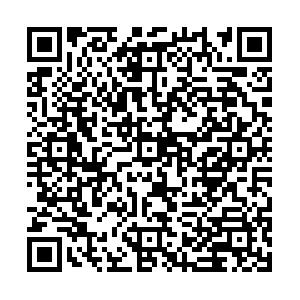共享经济是“伪共享”吗?
作者简介:王宁,中山大学社会学与人类学学院教授(广东广州 510275)
摘要: 共享经济研究的进一步深入面临着概念瓶颈。有鉴于此,有学者试图正本清源,从原型共享(如家庭共享和旧石器时代的社群共享)来界定当下的共享经济,并因此宣称带有营利动机的商业型共享经济平台为“伪共享”。作者不同意这种对共享经济的界定立场。共享经济其实主要是一种经济业态,不应以原型共享做评判标准。共享经济乃是一种循环经济的一部分,而市场交换是实现资源在社会网络中循环的一个有效方式。因此,共享经济既包括非营利的、作为社会创新的共享实践,也包括营利的、作为商业创新的共享经济实践。它是二者叠加而成的复合体。而造成二者可以叠加在一起的条件,是数字和通信技术革命。数字与互联网平台让共享经济成为替代传统的浪费性消费体制的一种新型消费体制,即循环式消费体制。与这种消费体制转型相对应,已经去商品化的私人资源可以再度商品化,私人性可以去私人化,从而导致私人领域的深刻转型。
Is Sharing Economy “Pseudo Sharing”
- Available Online:
2021-04-20
Abstract: Researches on the sharing economy are now bottlenecked by conceptual confusions and ambiguity. Different scholars define the sharing economy in various and ambiguous ways. The variety and ambiguity in defining the sharing economy become one of factors that impede our deepening researches into the sharing economy. In order to solve this problem, some scholars try to define the sharing economy in terms of the prototypes of sharing, such as mothering and pooling and allocation of resources in family (Belk 2010) and claim that profit-driven “sharing economy”, such as Airbnb and Uber, are in fact “pseudo sharing” (Belk 2014). I disagree with this position. The sharing economy is a new form of business and should not be assessed in terms of the prototype of sharing. The sharing economy should be regarded as part of circular economy, and market exchange should be treated as one of means to making resources circular in a wider scope. The sharing economy consists of two different parts: the nonprofit-driven part and the profit-driven part. The former is the result of social innovation and the latter the result of commercial innovation. The sharing economy is the composition of these two parts. What make this composition possible is the digital and communication revolution. Digital and internet platforms have brought about a new regime of consumption, i.e., the regime of circular consumption, which tend to replace traditional regime of wasteful consumption. With this transformation, commodities bought by consumers and hence de-commodified, can be re-commodified in the sharing economy. This has consequently brought about transformation in private domains.

 点击查看大图
点击查看大图


 下载:
下载:
 沪公网安备 31010102003103号
沪公网安备 31010102003103号